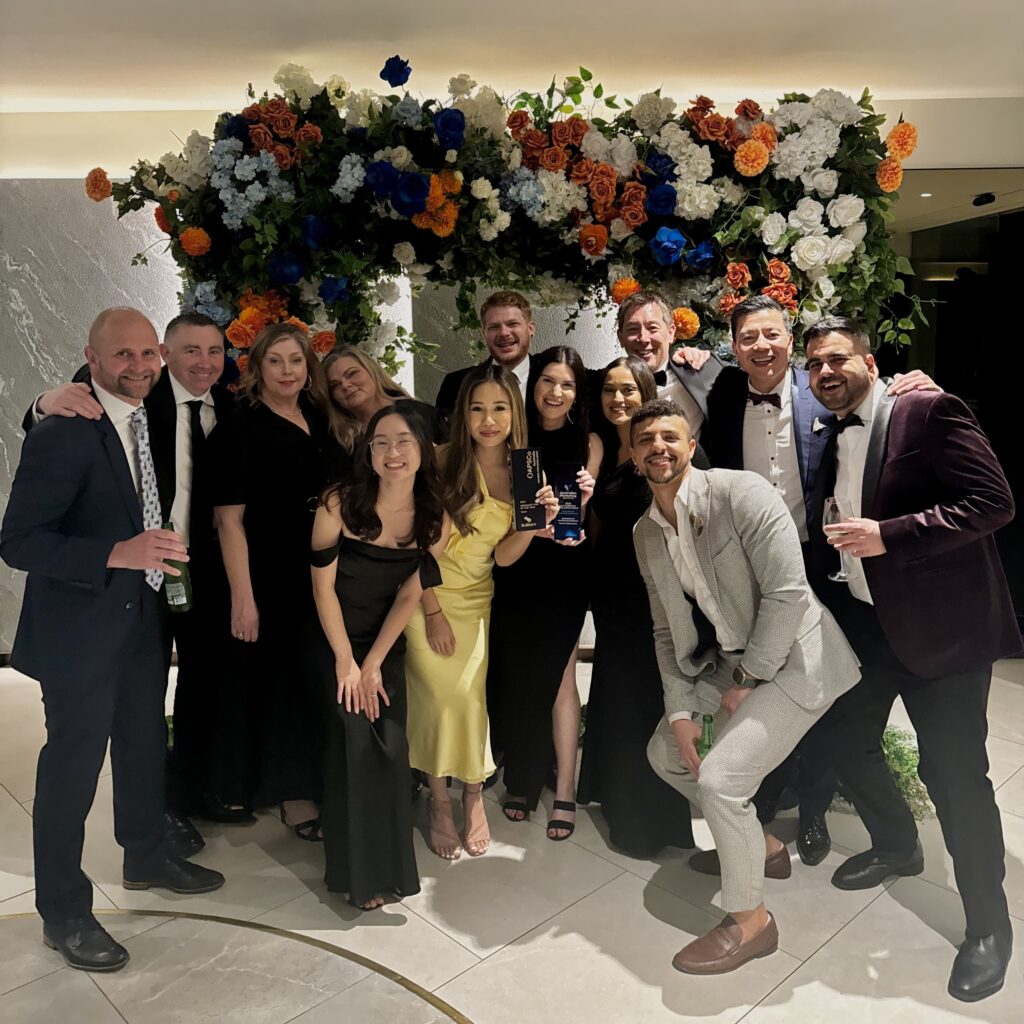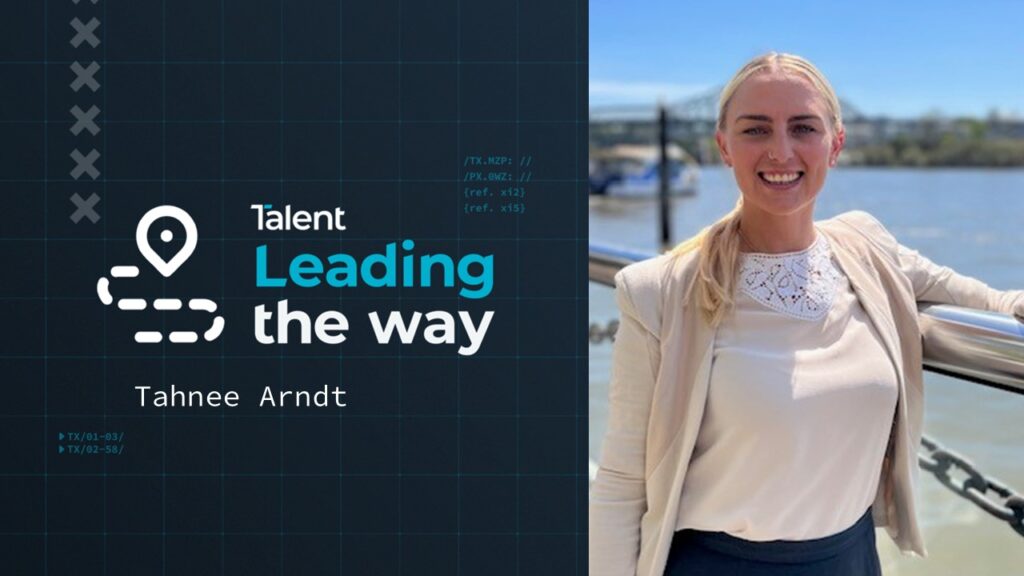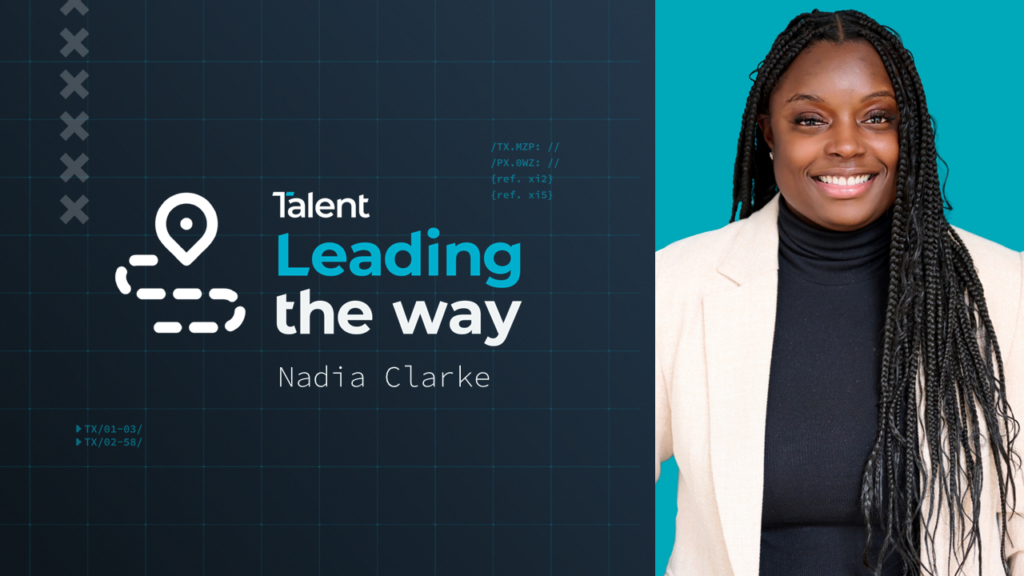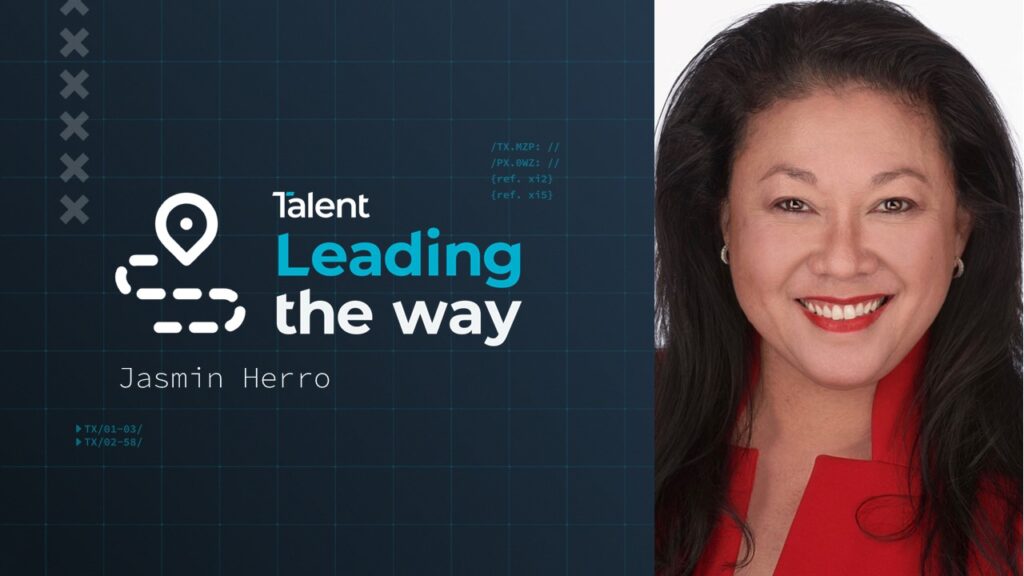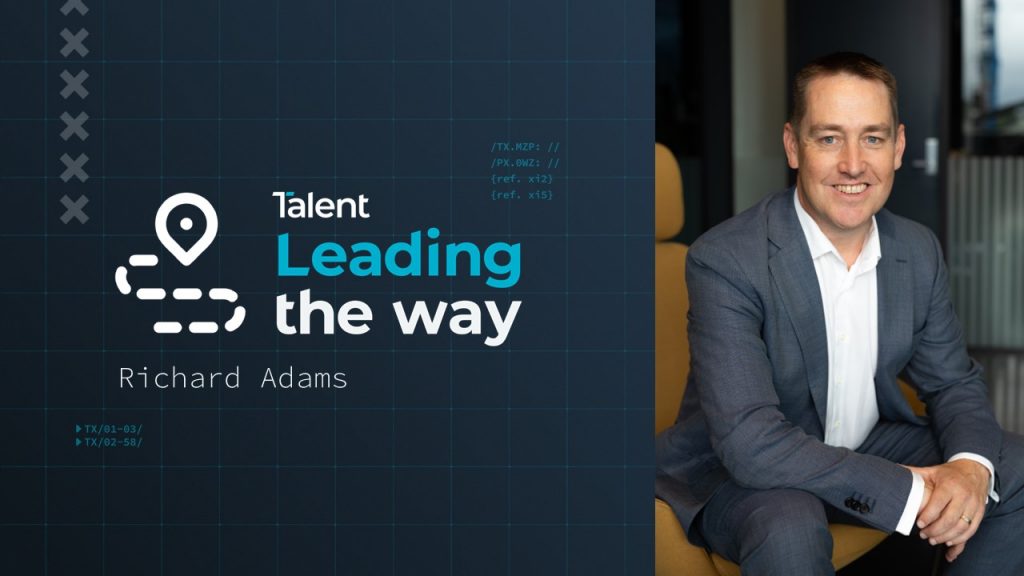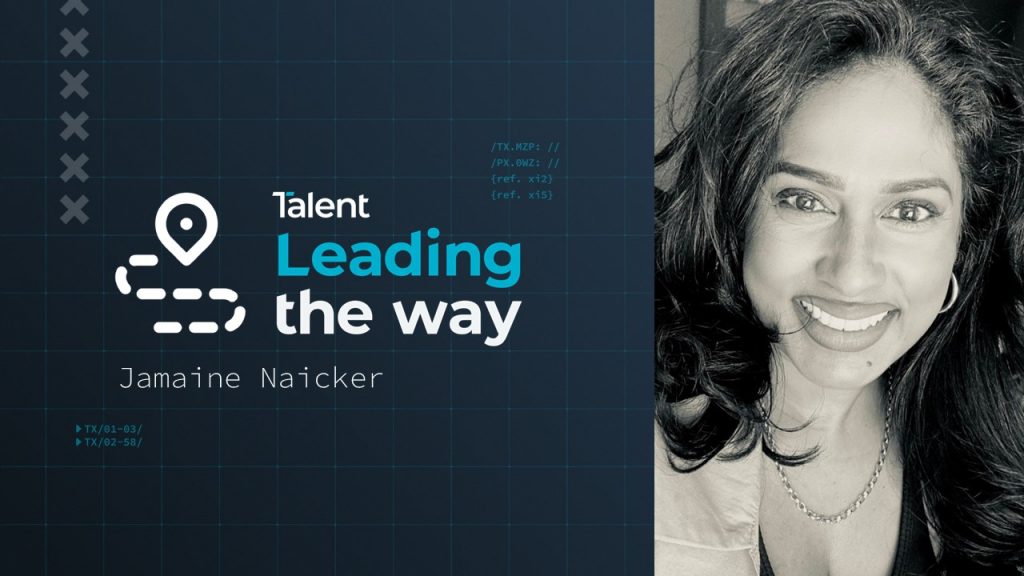Welcome to a special instalment of our Leading The Way series, where we speak with Torres Strait Islander businesswoman, Jasmin Herro. As the founder and CEO of several organisations such as Tjindgarmi, Outback Global and Teter Mek Foundation, we wanted to hear about Jasmin’s inspiring career and entrepreneur journey inspired by the ancient Aboriginal and Torres Strait Islander traditions of trade around Australia and her take on National Reconciliation Week.
What does National Reconciliation Week mean to you?
National Reconciliation Week holds a profound significance for me, not just as an Indigenous Australian, but also as someone who has navigated numerous challenges and witnessed the remarkable resilience of our communities.
Reconciliation Week commences on 27 May and ends on 3 June. It marks two significant moments in reconciliation in Australia: the anniversary of the successful 1967 referendum and the High Court Mabo decision.
1967, the year of the referendum on Indigenous Australians’ inclusion as citizens, is a milestone that reminds me of the long road we’ve walked. It’s a testament to the progress we’ve made. While we acknowledge the hardships faced by our ancestors and the ongoing effects of colonisation, it also inspires hope for a better future.
The High Court Mabo Decision (Mabo v Queensland No 2), decided on 3 June 1992, was a landmark case in Australia that recognised the existence of native title for Aboriginal and Torres Strait Islander peoples. Prior to this, the prevailing legal doctrine in Australia was “terra nullius,” meaning “land belonging to no one.” This meant Indigenous Australians weren’t recognised as having legal ownership of their traditional lands.
Eddie Mabo and other Meriam people from the Murray Islands (Torres Strait) challenged this doctrine. They argued they had traditional rights and interests in their land that had been continuously practised for generations. The High Court, in a historic decision, overturned the terra nullius doctrine. They recognised that Aboriginal and Torres Strait Islander peoples had a unique system of land ownership that existed before British colonisation. This system, called “native title,” could coexist with the Crown’s ownership.
The Mabo decision was a game-changer, establishing a legal framework for recognising native title rights across Australia. This allowed Aboriginal and Torres Strait Islander people to claim ownership or rights to their traditional lands, a significant stride towards social justice and recognition of their connection to the land.
National Reconciliation Week is an opportunity for me to help educate people about these significant events that demystify who Aboriginal and Torres Strait Islander people are and highlight how they lived and thrived for tens of thousands of years in what we know all too well as some of the harshest lands on the planet. It’s a chance to humanise the many cultures and showcase the fantastic things Torres Strait Islander and Aboriginal people are achieving in business, the arts, and all walks of life.
Regrettably, there still exist stereotypes about Indigenous people. We are not merely a one-dimensional narrative of social issues. We are a diverse community, encompassing business owners, doctors, lawyers, scientists, entrepreneurs, artists, and much more, contributing significantly to the fabric of our society.
National Reconciliation Week is not just a time for reflection, but it is an opportunity for us all to learn more about Indigenous cultures, challenge unconscious bias, and actively celebrate the diversity that makes Australia unique.
After the failed referendum on the Voice to Parliament in 2023, the Reconciliation Week theme ‘Now more than ever!’ rings true and gives me hope for the future. A future where Indigenous and non-Indigenous Australians walk and work together, recognising the past, celebrating the present, and embracing a positive future.
What are some practical ways Australian workplaces can promote authentic discussions around reconciliation?
Many organisations use the safe playbook when it comes to events like Reconciliation Week:
- Acknowledge Country
- Get Cultural Awareness Training
- Put on a morning tea in all the offices
- Invite a speaker to talk about their experiences.
All these things are important parts of the journey to raise awareness, but in many cases, everyone finishes their scone and cake and goes back to their desk, and it doesn’t come up on their radar until the next event.
To promote authentic discussions, I believe you need to look at the why. Australian school education has ignored a whole part of Australian history regarding Aboriginal and Torres Strait Islander people. There were amazing systems and processes that allowed the different tribes to last tens of thousands of years. Once people learn about the history and why, that opens the door to understanding and developing empathy.
Who would you say is one of your role models and why?
Marcia Langton is one of my role models. While she was at the cold face of some of the ugliest personal and racial attacks on Aboriginal and Torres Strait Islander people during the run-up to last year’s referendum, this type of behaviour is not unfamiliar to almost all Aboriginal and Torres Strait Islander people at one time in their lives.
I admire her for her knowledge and commitment to advancing Indigenous issues, her bravery, and her resilience to stand up for what she believes in against constant verbal abuse and the threat of physical attacks from those who want to silence the voices and hide the truth. I was fortunate to spend several days with her in Toronto, and during that trip, she told me how, in the early days of the protests and activism, she got heavily involved because many of the old people back then didn’t know how to read or write and because she did, she could help them fight the cause.
I have seen photos of her back then and I wonder how she felt in the face of such challenging and changing times. She has witnessed so much, but like all women who find themselves in positions of influence, there is a constant push to put them back in their place. She is tough on the outside because she’s had to be, and she cares. I value any time I get to spend with her, to talk about the children, gardening, art, and French pastries and to allow her to be what we all are – human.
As a female First Nations CEO of several companies such as Tjindgarmi, Outback Global and Teter Mek, what are some of the overarching challenges you have had to conquer, and how have you learned to navigate these obstacles?
I’ve had to face an endless list of business challenges, and fortunately, I’ve managed to survive all the major ones. The most surprising challenge was just after we had identified the business as an Indigenous business to one of our existing clients whom we had been contracting to for over 10 years as a ‘mainstream’ business. We were suddenly called in for a contract review because, as an Indigenous business, we had somehow overnight developed a diminished capacity to do the work we had been delivering successfully for over a decade and the organisation needed to reduce its risk. Of course, I smoothed it all out, and once the CPO realised that for all these years we had been delivering as a mainstream contractor, I was suddenly his best friend, and they remain customers of mine to this day.
The other challenge is that all small businesses have capital and infrastructure. We have developed strong relationships with my suppliers that help me compete with significant companies and deliver on time. These relationships take time and patience to build and maintain. I am fortunate to have Slay (yes, that’s his name) – my husband also works in the businesses, and we work through our business challenges together. We live by some simple rules: one – we will do what we say we will do, and two – we pay our bills on time.
What piece of advice would you like to pass on to female First Nations CEOs who may be trying to make their way into the entrepreneurial workspace right now?
I learned about business from an early age. My father owned several businesses during his life, and when I came along, my 5 brothers and sisters and I worked in the service station business. Those days, someone would come out and put the petrol in your car while you sat in it, collect your payment, and then come back with your change.
Sometime during your visit, your engine oil was checked, and the front windscreen was cleaned – just in case you could be sold engine oil or fresh windscreen wiper blades. The business was open 7am – 7pm, 7 days per week, except it was closed for half a day on Christmas day. \We would get ready for school, eat breakfast in the back room of the shop, and take turns getting up to serve the customers.
Growing up in this environment taught me many things: customer service, sales, product knowledge, and handling money. It also taught me about always being open for business, and I’m always ready for a conversation about business.
My advice to female Indigenous CEOs and founders:
- Know your customers and their needs.
- Know your product or service better than they do.
- Know your value proposition (and it’s not because you are Indigenous).
- Own the problems because the buck stops with you.
- Celebrate the wins but don’t let them get to your head.
- Always smile if people in the meeting think you’re the intern. It shouldn’t take them long to realise you own the company.

